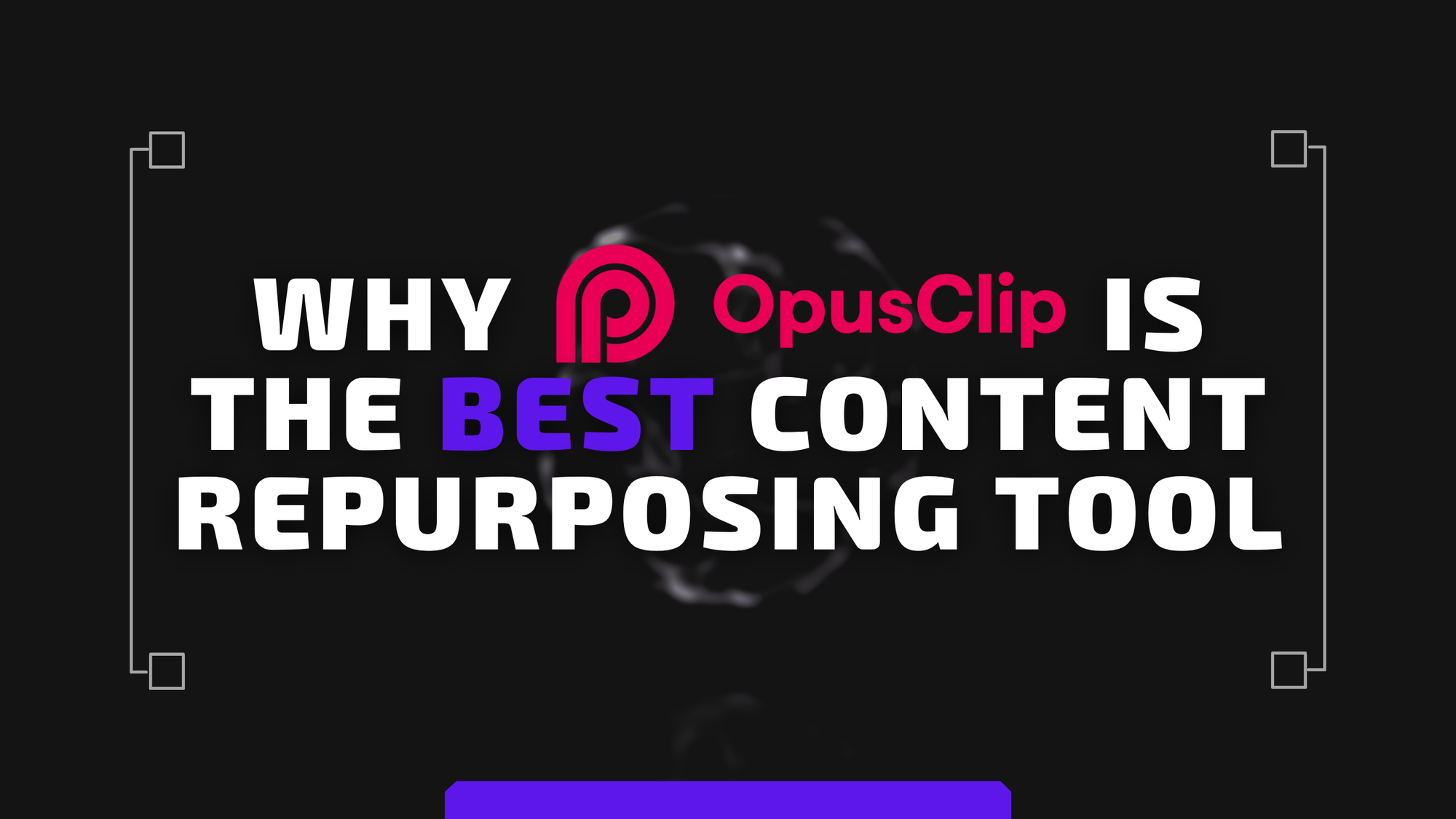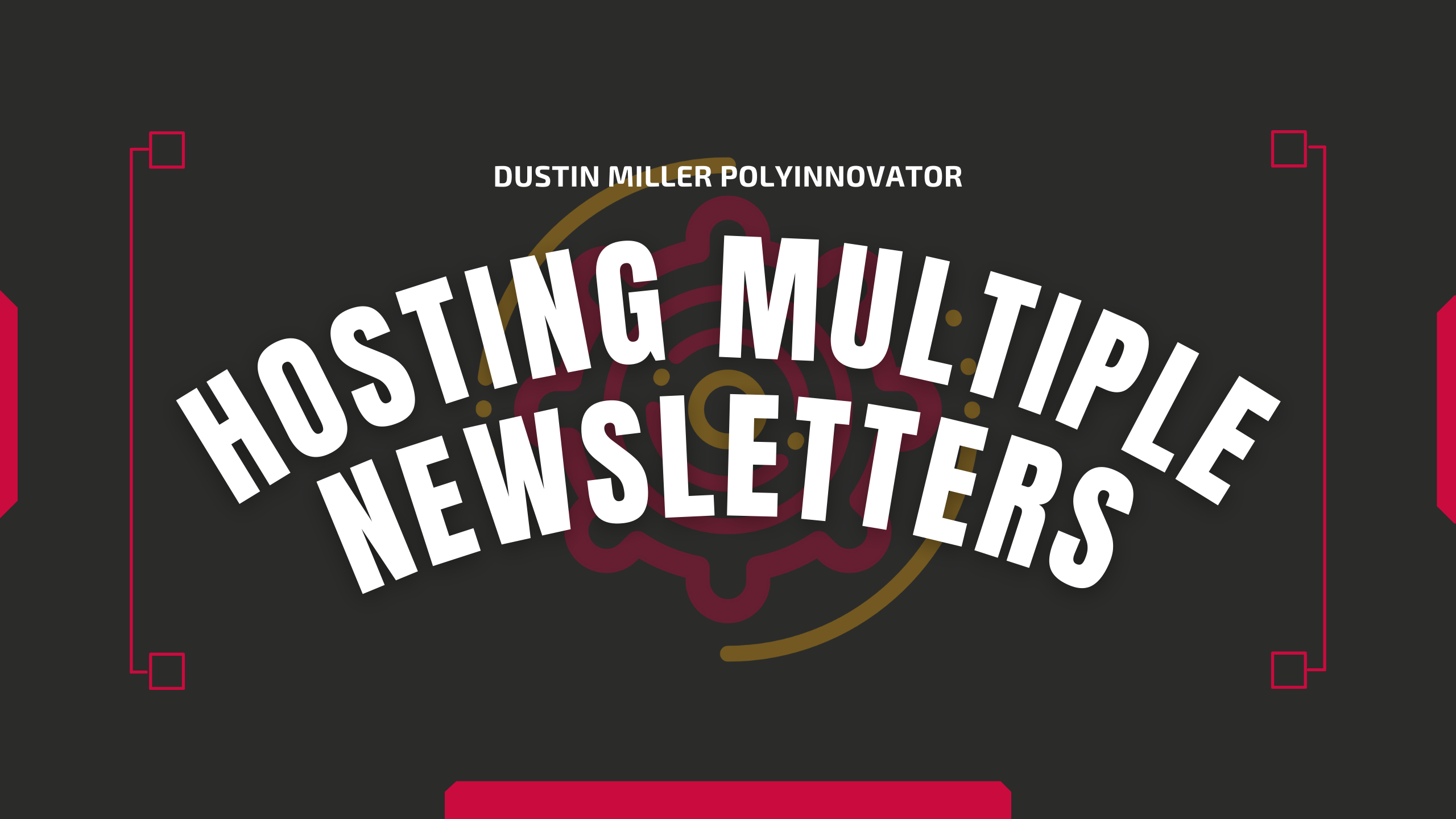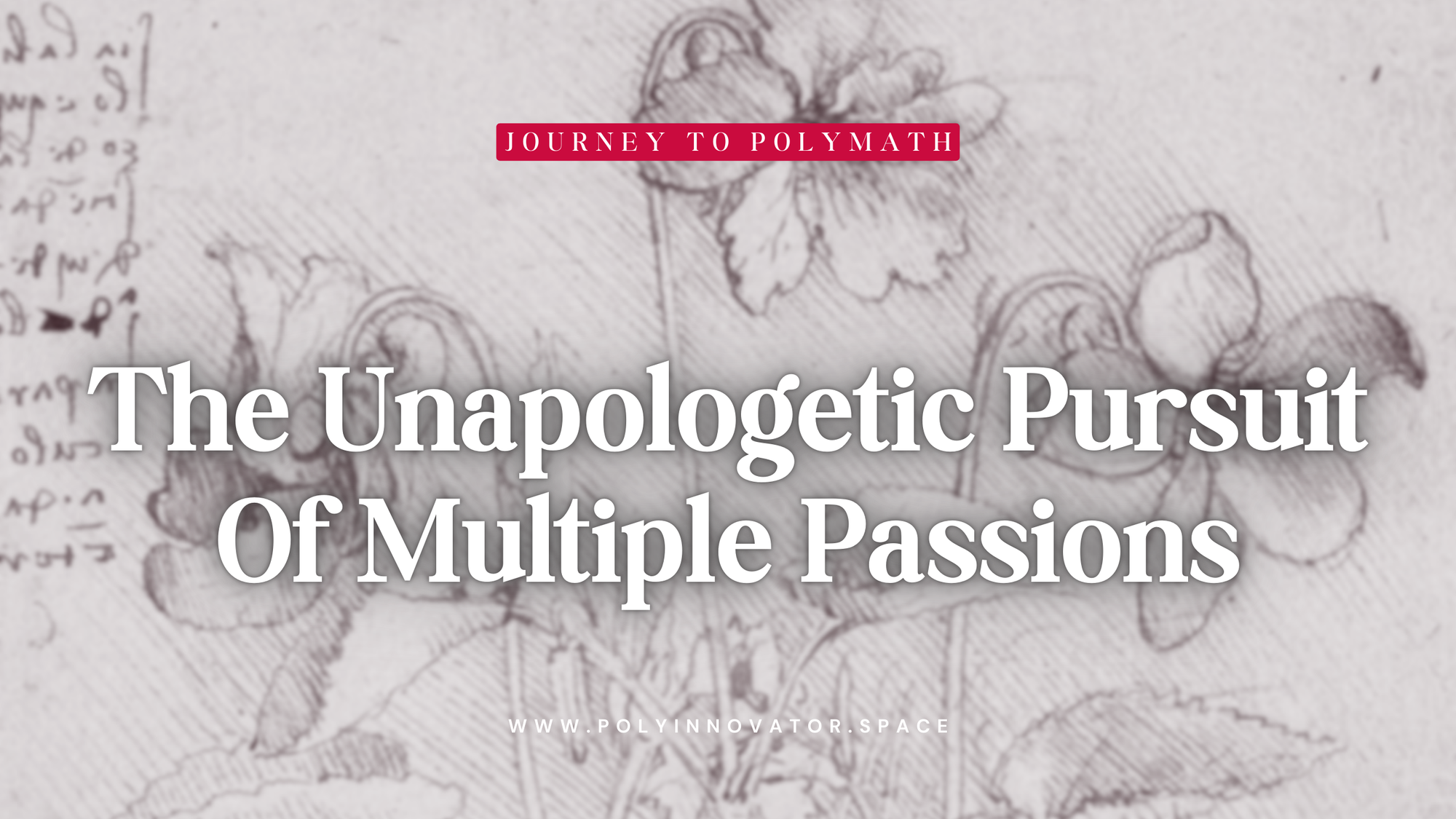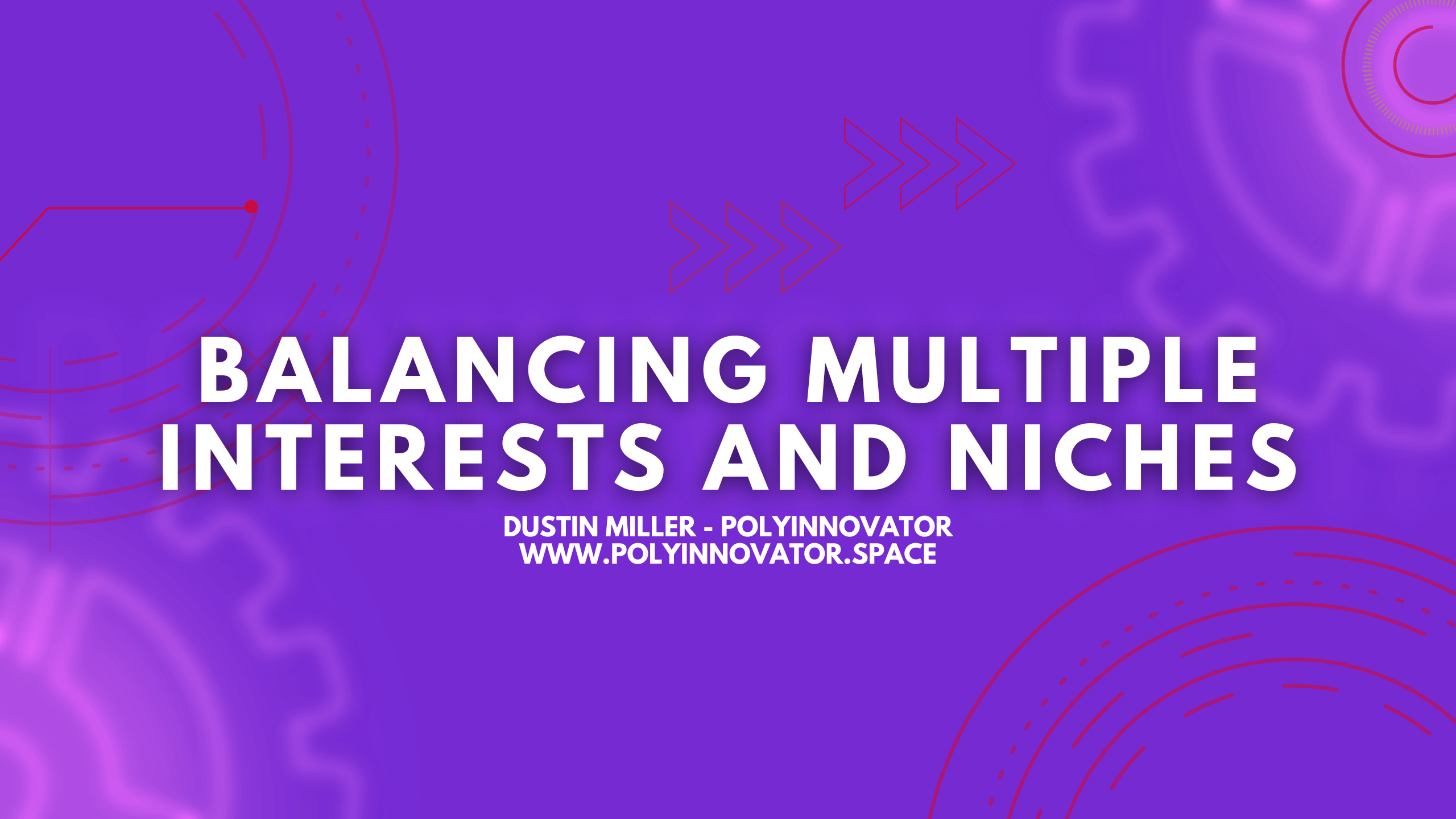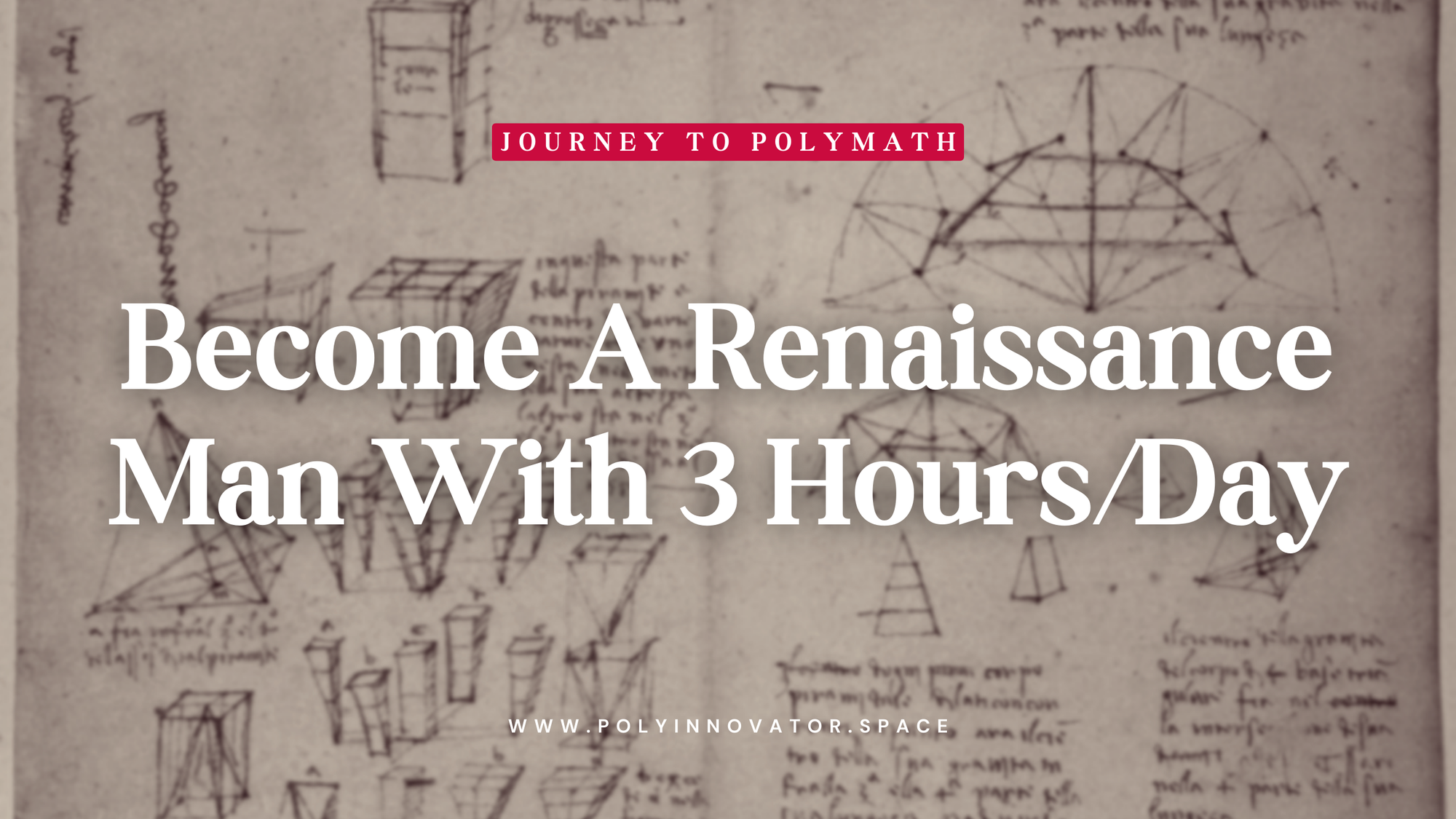Here is a video relation to this post, as well as the PolyCast!
A learning system for polymathic generalists? Sign me up!
This post is meant to be a guide, and also meant to imagine what a Polymath University could look like.
A nontraditional divergent learning modus operandi meant to provide higher learning for multidisciplinary individuals.
We need to rethink how higher education works. Not only for all people, but in specificity towards polymathic minds. The generalist population is far greater than you might initially realize, and yet we have no schooling for those types of people.
It is my hope that by the end of this you'll have a greater understanding of what polymathic learning looks like/what it can be like.
Why we need to make our education systems polymathic.
Firstly, we need more of an open mind, as for the past 100 years we have been stifled by the concept of specialization. Yes, there is a big need for specialists; However we don't necessarily need people who are good at just one thing, we just need people who are good at that field. In addition they can excel at other fields as well, which allows for more cross-contamination of knowledge areas.
Think of all of the interdisciplinary studies degrees that we are seeing pop up. More and more students are following the Multi / Interdisciplinary Studies pathway. As they want to have a semblance of control, or even just more than one topic to learn.
I understand this mentality, as my favorite part of going to school back in the day was choosing my electives. Literally that, and the time where I voraciously read the philosophy section of my school library. That power of choice of what I learned, is what drove me to success in those learning paths. Had I been forced into some classes I'd have not responded well, and more than likely failed at them due to a lack of trying.
By having the power of choice, it can help induce motivation to complete said courses. Granted sometimes people get complacent, but I think it happens less often than people would expect. Rather the excitement of choosing what you learn, is more powerful than the laziness. Plus you are choosing something that interests you from the get go.
By bringing together a bunch of courses that are most suitable for you, and even better have them at a more wide range of topics. There can be this powerful interdisciplinary learning experience for yourself.
Related Post:
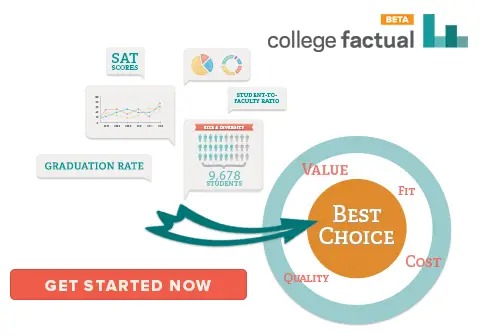


How do polymaths learn?
Now most polymathic people, if not all perhaps, are autodidactic in some shape or form. Which means they are self-learners, as well as self-starters too. You need that intrinsic motivation to get anything like that done, especially in the world we have currently shaped.

A lot of the time it can seem quite sporadic.
One thing that a lot of narrow-field learners hold against the more wide-ranging people, is that our focus can be a bit "jumpy". It can almost seem like a LACK of focus, but in actuality we are following our dopamine. It is almost a fork in the river, where one way the river slows and barely moves, and down the other stream it is a lot stronger. We decide to take our boat down the stronger stream, and in turn we stay moving.
Although there are many polymathic people that prefer a serialized approach as well. Sheer focus on one topic for a sprint/time, and then switching to the next one once the first one is "finished". What finished means can vary from person to person, if perhaps you got the necessary knowledge out of it, or perhaps accomplished a task from it.
In either case the learning system needs to be able to be adapted to those types of learners. The specialist way of learning, as in the current system, has you focusing on one thing at time. Not seeing how those knowledge areas can connect, and form new innovative ideas. Not allowing for interleaving your learning topics, and overall not allowing any matter of choice for the student.
What exactly is a polymathic education?
Visualize what a degree looks like... You take a course one right after the other, sometimes a few at the same time (depending on the school), and overall come out with one major. Maybe you have a minor in something, and rarely some people go for a dual major. However in most cases you are limiting your learning (even if it would help your major) to just one focus.
SO WHAT?:
Not only do modern companies want an individual who can be a problem solver, and see things from multiple perspectives; But also be able to adapt to new problems in innovative ways.
You can't really do those things effectively with just one pool of knowledge.
Is it easy to learn multiple things? Not really, but that is partially because we have no method of doing so currently. When I wanted to learn podcasting, content creation, blogging, exercise, and more. I had to go down individual paths for each of them, and I couldn't really make it easier for myself. That was until I fostered the idea of a Modular Degree.
You'll need a DIY attitude, but by making a modular path it can change based on what YOU need to learn in that moment.
A Choice in learning through Modegree skill trees
The power of choice is a fundamental building block of this new way of learning. In order to create a higher education system for polymaths I think it is more than necessary.
I always use this part to restate the 1-sentence summary, and it was quite loaded with words the first time around. In essence we need to make a polymath degree system.
College/university has been made to cater towards the specialists, and induce the mindset that narrowing down is the best course of action. When in actuality the most successful people are the ones who can pull from multiple areas.
Higher education as it currently stands, is geared towards learning in the same way since the inception of universities. They've rarely evolved over the past couple hundred years, and from what we can tell the only real evolution that is apparent is the increase of tuition.
From higher costs, to fewer rewards upon completion, there are many reasons why higher education isn't worth it as much nowadays. However at some point we will come to terms with the fact that our learning systems are not working as intended, and we will change them across the board.
Whether that is through the Modular Degree system, or through some other modality. In either case the power of choice will be center stage.
I encourage you to learn more about Modular Degrees, and Skill Tree based learning!
You might like these Related Posts:
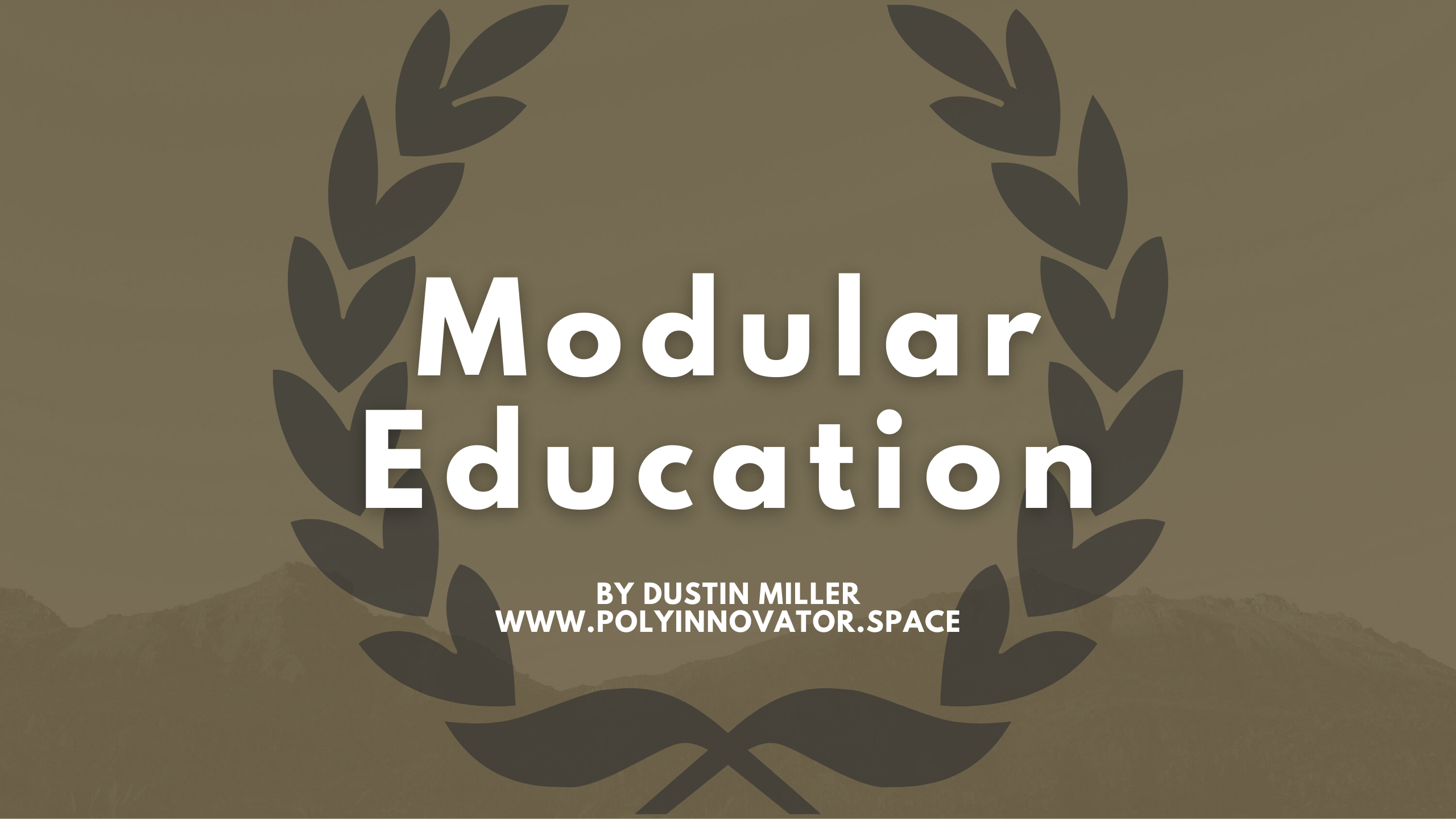
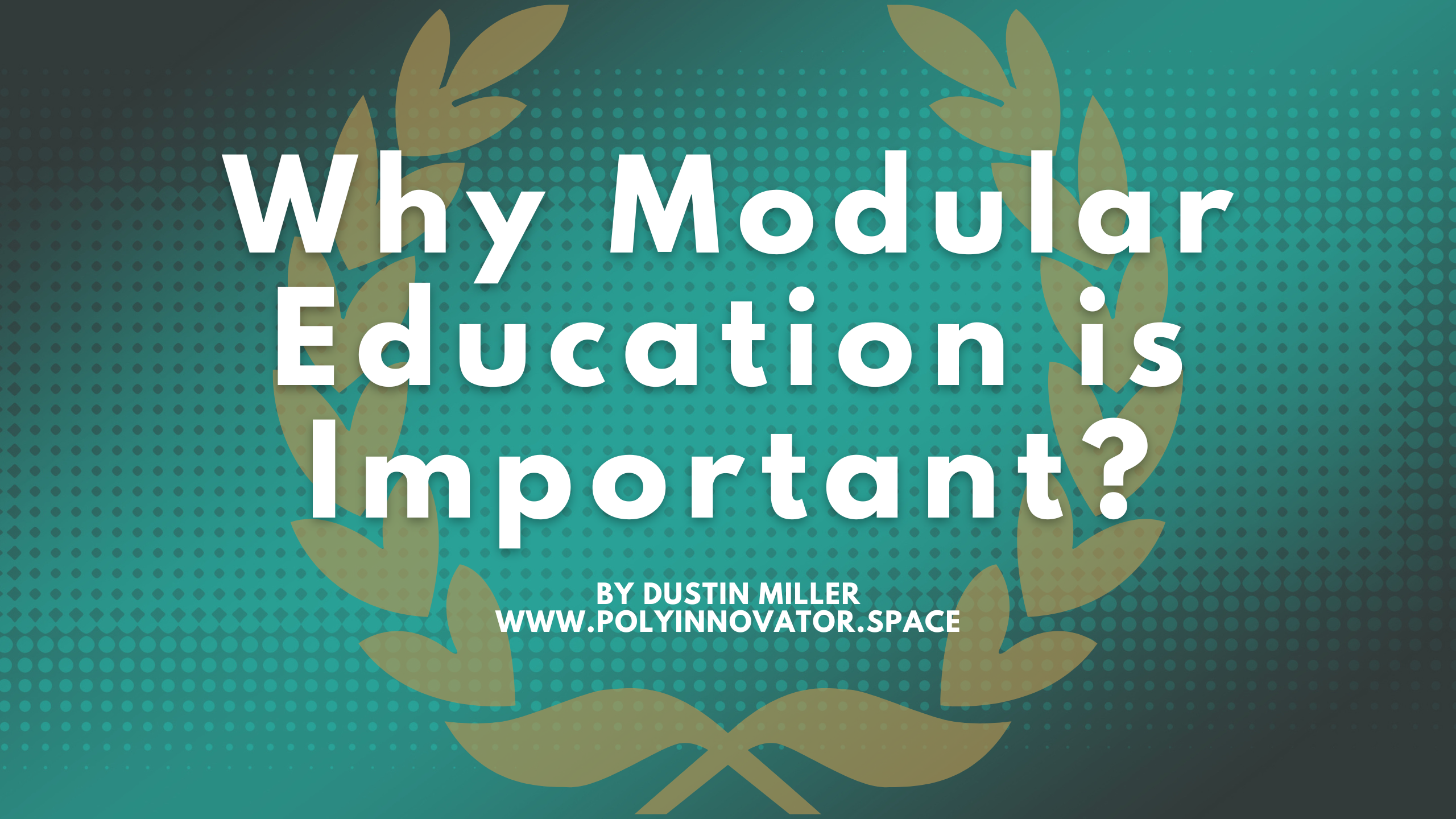
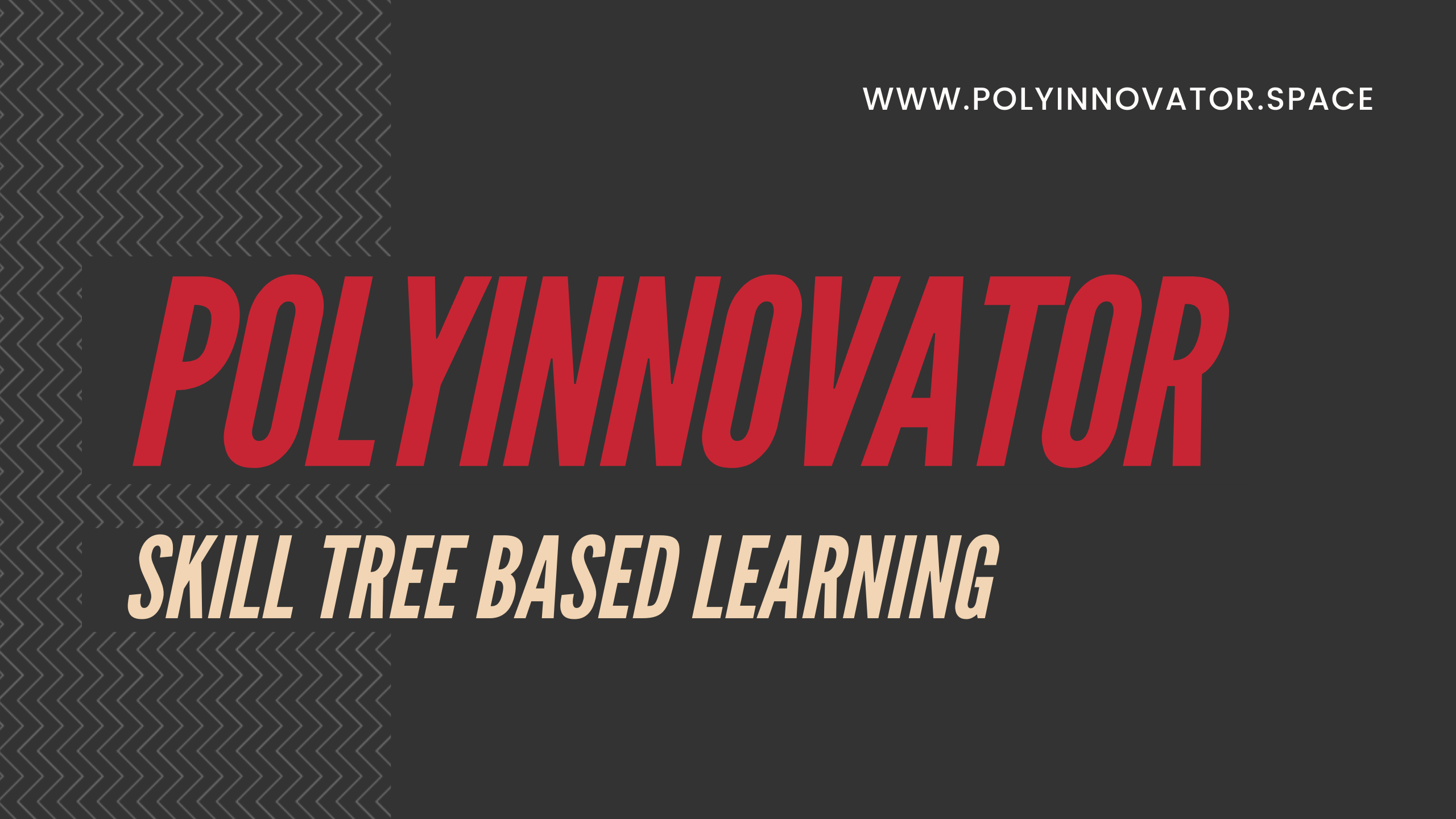
![Official Website for Dustin Miller PolyInnovator [LLC]](https://polyinnovator.space/content/images/2025/03/polyinnovator-logo-2024.png)






